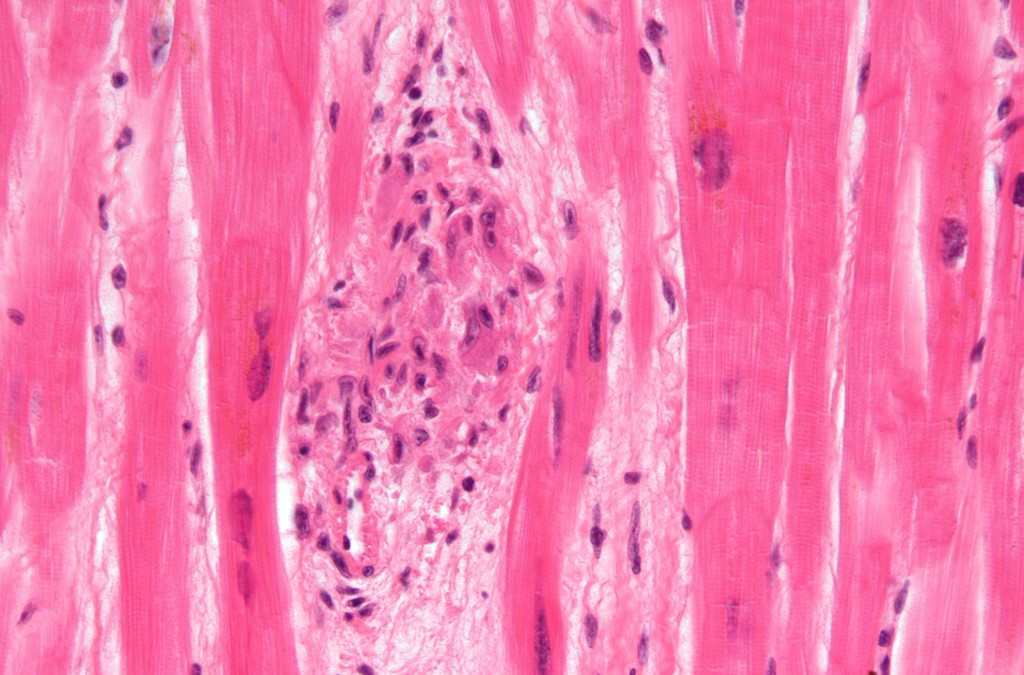Rheumatic Heart Disease Rheumatic Fever
What are rheumatic heart disease rheumatic fever?
What is rheumatic heart disease rheumatic fever? It is an inflammation of membranes of the heart (pericardium, myocardium and endocardium). The disease most often in patients with rheumatism Develops. So we can assert that rheumatic heart disease is a complication of rheumatic fever. To understand the development of rheumatic heart disease, you need to have an idea of rheumatism.
Rheumatic fever is an infectious disease with allergic nature, Manifested in patients with a history of infection havebeen Caused by Streptococcus, particularly angina, chronic pharyngitis, chronic tonsillitis, scarlet fever.
Anyone can get acute rheumatic fever, but it OCCURS Usually in children five to 15 years old. The Resulting rheumatic heart disease can last for life.
Acute rheumatic fever can happen to anyone, though Mainly it smites children (from five to fifteen). While the rheumatic heart disease, That You May Get in the result of the fever, can last lifetime.
What are the symptoms of rheumatic heart disease rheumatic fever?
Because of rheumatism, in the first alternate, joints and the heart muscle get affected.
And accordingly the symptoms of the disease are tachycardia, disruption of the heart, pains in the left side of the chest, pain in the joints large, shortness of breath, a slight increase in body temperature.
At untimely treatment of the disease, Often Accompanied By rheumatic fever, mitral heart disease Develops subsequently leads to cardiovascular collapse with all the ensuing Consequences.





